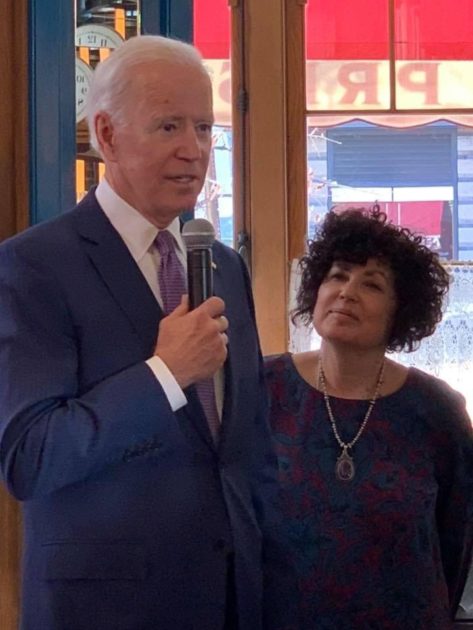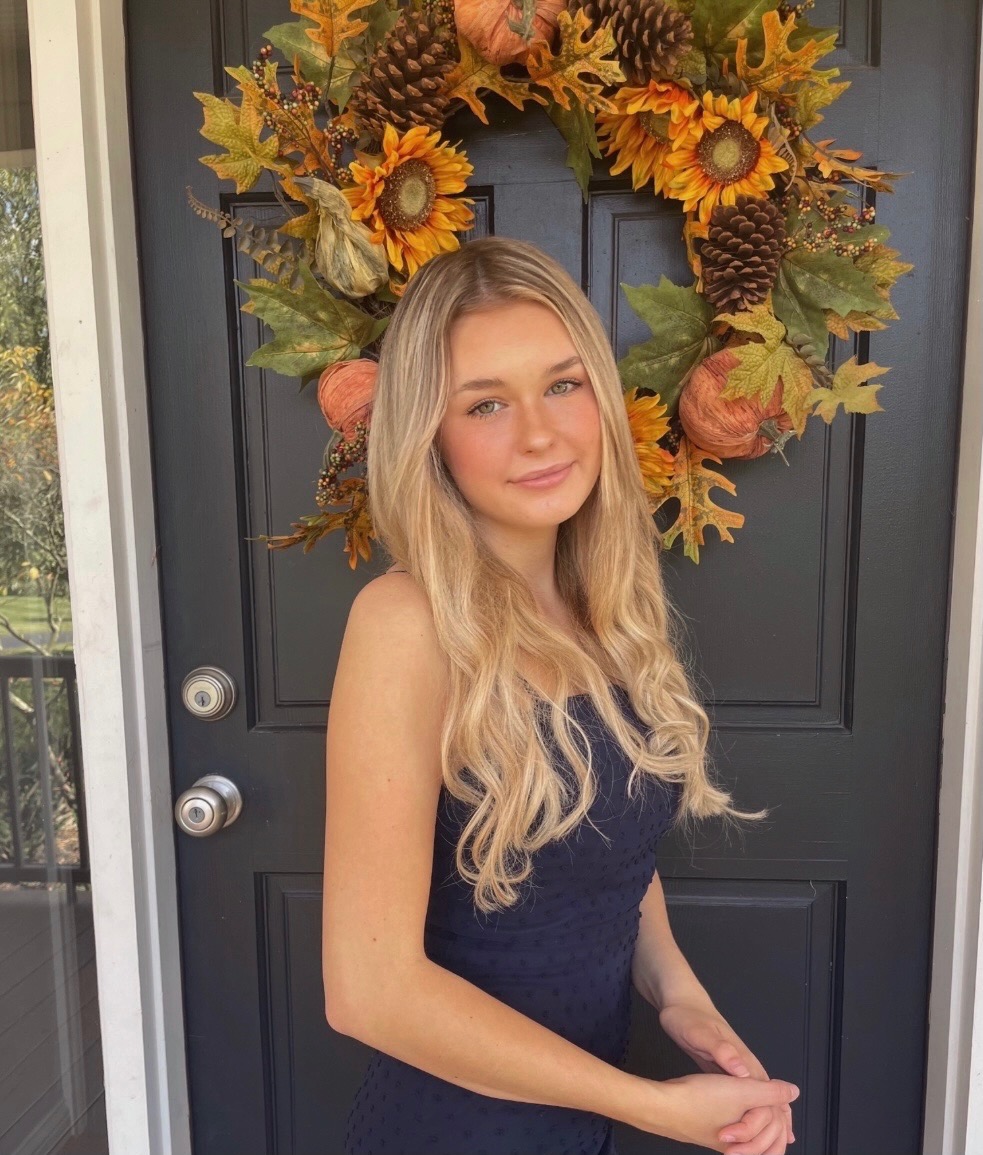Gabby Petito, a 22-year old influencer, left for a road trip out west in early July to visit national parks with her fiance, Brian Laundrie, but Laundrie returned alone. Given her influencer status, her disappearance quickly gained national attention.
During their roadtrip, the couple had a disagreement that escalated to violence.
On Aug. 12 in Moab, Utah, the police had an encounter with the pair, who according to the Moab City Police Department’s report, had engaged in some sort of altercation.
The couple was described as getting into a physical fight following an argument, but “both the male and female reported they are in love and engaged to be married and desperately didn’t wish to see anyone charged with a crime,” according to Officer Eric Pratt’s report.
Police released the body cam footage which showed the officer’s encounter with the couple, during which Petito is very emotional throughout much of the video. Police separated the two for the night, getting Laundrie a hotel room, but ultimately there were no arrests or charges.
Police noted that Petito seemed to be the aggressor, even though a witness called 911 and reported that a male was slapping a female. The Moab police chief has recently taken a leave of absence amid an investigation into the handling of the 911 call.
Petito’s last known whereabouts were on Aug. 25 in Grand Teton, Wyoming.
About a month after the altercation, Petito was reported missing by her parents. Laundrie and his family refused to be of help to the police, not providing them with any information. Laundrie was labeled a person of interest. Six days after Petito was reported missing, Laundrie’s parents reported Brian missing and stated they had not seen him in three days.
On Sept. 19, Petito’s body was found near a campground in Grand Teton National Park; her death was ruled a homicide. Laundrie’s whereabouts are still unknown, and the FBI is currently searching for him. While Petito’s case is not yet solved, evidence of an unhealthy relationship certainly preceded her death.
Below is an excerpt from an interview with two local domestic violence professionals that gave some insight on the best ways to recognize and handle abusive relationships.
Rachel Ramirez is the founder and director of The Center on Partner-Inflicted Brain Injury at the Ohio Domestic Violence Network, and Lynn Rosenthal is the president of the Center for Family Safety and Healing.
An Interview with Two Domestic Violence Professionals
What are some signs of Domestic Violence?
Ramirez: If you have a friend or family member that’s normal behaviors are changing–that they appear to be more isolated. Sometimes domestic violence does involve physical violence, so if people would have injuries or things like that, that is obviously something you [want to] pay attention to.

Rosenthal: If person isn’t able to wear what they want, their boyfriend’s always making them change their clothes or they’re not able to go out with their friends or see their family, they always have to be checking in by text about where they are and what they’re doing.
What steps should you take if you suspect someone you know is in an abusive relationship?
Rosenthal: It can also be hard to approach the person. But, most domestic violence survivors say that they did appreciate people checking in on them. So, you would do that in a private way where nobody else is listening in and you might say ‘I’m just a little bit worried about you because it seems like this relationship may not be good, what are you experiencing?’ Ask an open-ended question and be prepared to listen without judgement. Be familiar with community resources, do a little research before you might have the conversation with your friend. For example, we have a campaign here called “Where’s the Line?” and there’s a number you can call or text and you can get all the information on what you can do if you have a friend that’s in this kind of situation. But, the most important thing is to be supportive, to listen, and to know local resources.

Do abusers show any potential warning signs?
Ramirez: Some of those potential red flags could be things like somebody wanting to get very serious very, very fast. [Feeling unsafe during arguments is also a sign.] There are ways to have disagreements and there are ways not to see eye to eye on certain things, but that [shouldn’t] make you feel unsafe and it also [shouldn’t make you] feel like you are unable to communicate that because there could be consequences.
Rosenthal: Classically they can be very charming, attentive, you may feel swept off your feet. Sometimes when that’s over the top, it may be an indication that this might not be a healthy relationship. Some of the things to be cautious about are if you’re with someone who’s obsessively jealous, who’s very controlling, who puts you down, uses diminishing language towards you, doesn’t want you to go anywhere, doesn’t want you to see your friends; somebody who tries to control your phone or texts you hundreds of times a day.
What steps should someone take if they are in an abusive relationship?
Ramirez: Leaving or escaping an abusive relationship is really difficult and often can be very dangerous, and there could be lots of concerns people have around their safety. I think that talking to somebody that you trust, also finding out information about what domestic violence resources and supports are available could be something that could be really helpful, but there isn’t like a one size fits all or like a step-by-step guide on escaping an abusive relationship. Reaching out to your local domestic violence program or again reaching out to your friends or family that are able to help you and support you I think is really important.
Being educated about domestic violence and your local resources can help prevent tragedies and keep your loved ones safe.
If you or someone you know requires immediate assistance for domestic violence, please call the Ohio Domestic Violence Network at (800)799.SAFE /(800) 799-7233.
For resources and non-emergency help, the Ohio Domestic Violence Network can be reached at (614)781-9651.


